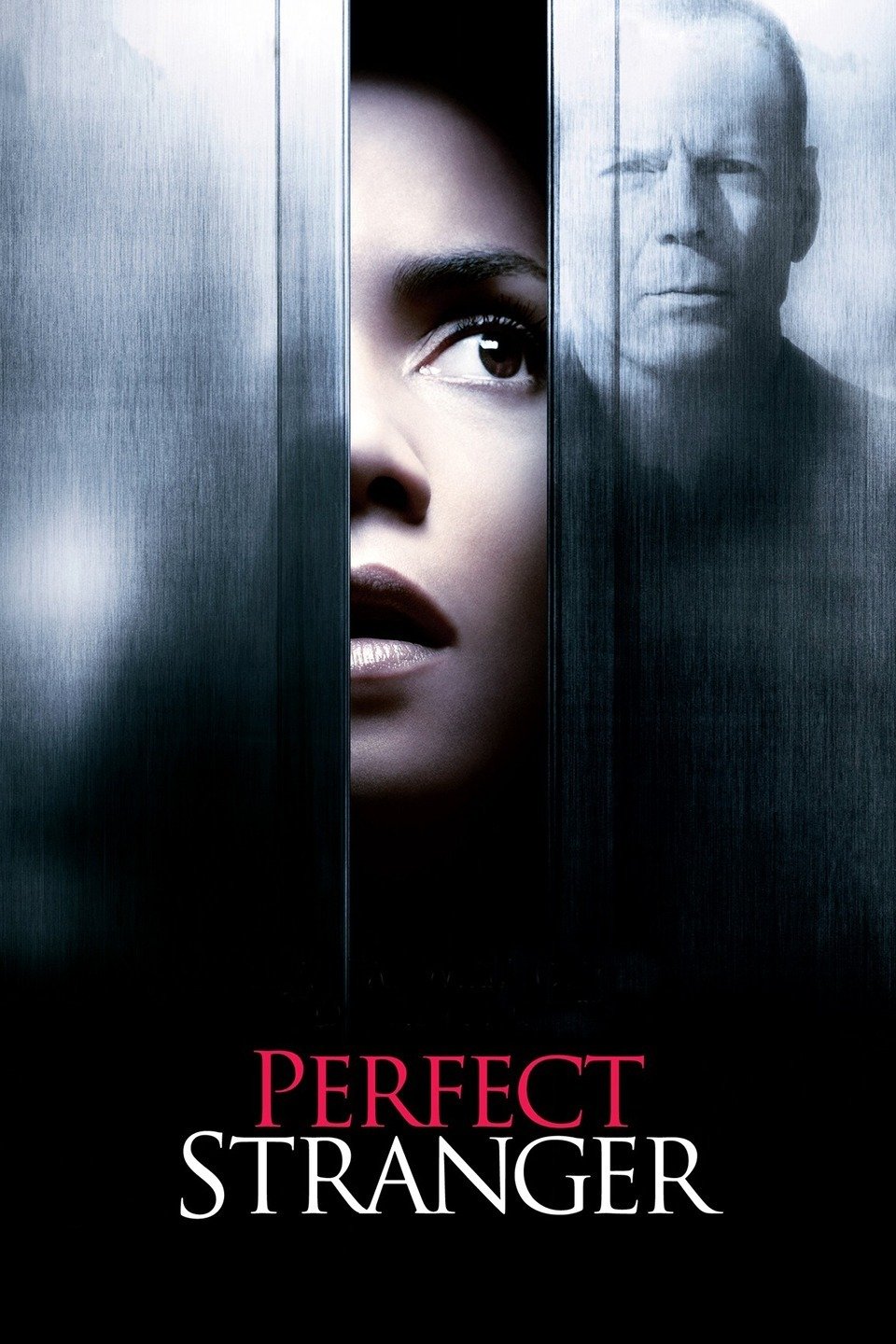

Enigma is one thing, but Masha, the cryptic element in a story that otherwise establishes character frankly and economically, can feel as if she’s being withheld from us. The risk “Nine Perfect Strangers” has taken, in its first six episodes, is keeping her relatively unknowable. One wishes for more Kidman: Not a bigger performance, which seems impossible, but one that more firmly holds the show’s center. We learn, eventually, that she is struggling with her own internal chaos - not merely a need for control, which is part of the deal she makes with clients, but traumas and losses in her past that may account for her lack of a sense of proportion. Gliding over all is Masha, remote and serene on the surface. That points to an unexpected strength though: The ensemble is large enough that if one isn’t particularly engaged by the character on-screen, one simply has to wait five minutes for the weather to change. In group conversations, spirited engagement can sometimes be cut short by a scene coming to an end, as if a show characterized by bluntness has gotten what it needed and is ready to move on. And a grieving family played by Michael Shannon, Asher Keddie and Grace Van Patten are plainly suffering, but perhaps because their time together is dominated by avoiding the unspeakable rather than spilling their guts, their struggle lacks grain and specificity that other guests generate. Not all the performances get there: Though Samara Weaving tries valiantly, her character - a social-media influencer with body dysmorphia - plays like an attempt to comment on current issues, not a rounded personality. And Cannavale finds poignancy and sorrow in his character’s need. This makes for a cheering return, although the guest-starring presence of Ben Falcone, her husband and the director of her less effective recent films, gives rise to more broadly drawn scenes, and suggests she isn’t inclined to stray too far from what’s safest. McCarthy, who’s lately been working in feature-film comedy with diminishing returns, is doing work that’s worthy of her gifts, spinning out threads of paranoia and self-regard.

These visitors’ struggles are effectively drawn. Melissa McCarthy plays a famous author who hates herself and her work Bobby Cannavale is in physical pain, which he battles into submission, and then some, with the opioids to which he’s addicted Regina Hall plays a woman who’s outwardly conciliatory but snaps when she feels attacked. She cedes much of the running time to them, to allow us to see why they’re begging for help. Meanwhile, Masha appears spookily assured. The show seems at first like a fight, and not a fair one: The patients, whom we see in spiky, startlingly direct conversation with one another as hallucinations and mistrust take hold, are all broken. The need to be well outweighs the fear of harm. Those in her care don’t deeply mind that this extends well beyond what they initially agreed to. There’s a fire in Kidman’s eyes when she explains to her charges the revolutionary possibilities of her treatment.

Masha’s retreat has rules against contacting the outside, and against substance use - at least, the use of substances not administered by Masha or her deputies (played by Tiffany Boone and Manny Jacinto).


 0 kommentar(er)
0 kommentar(er)
